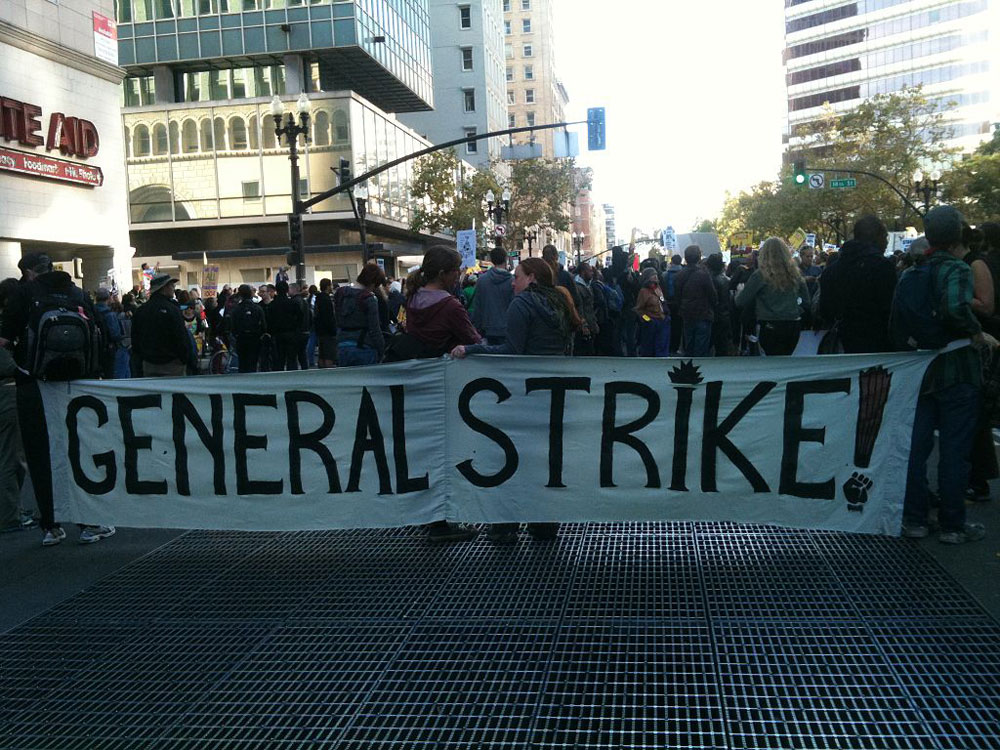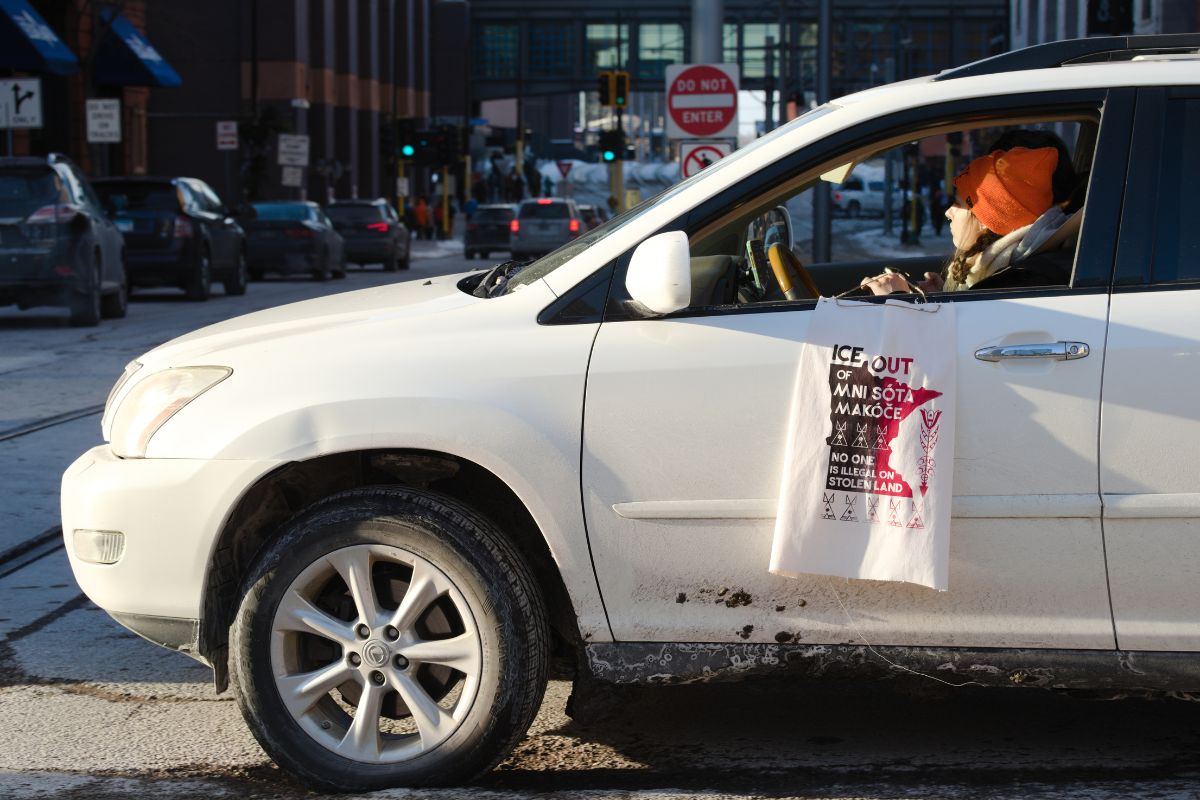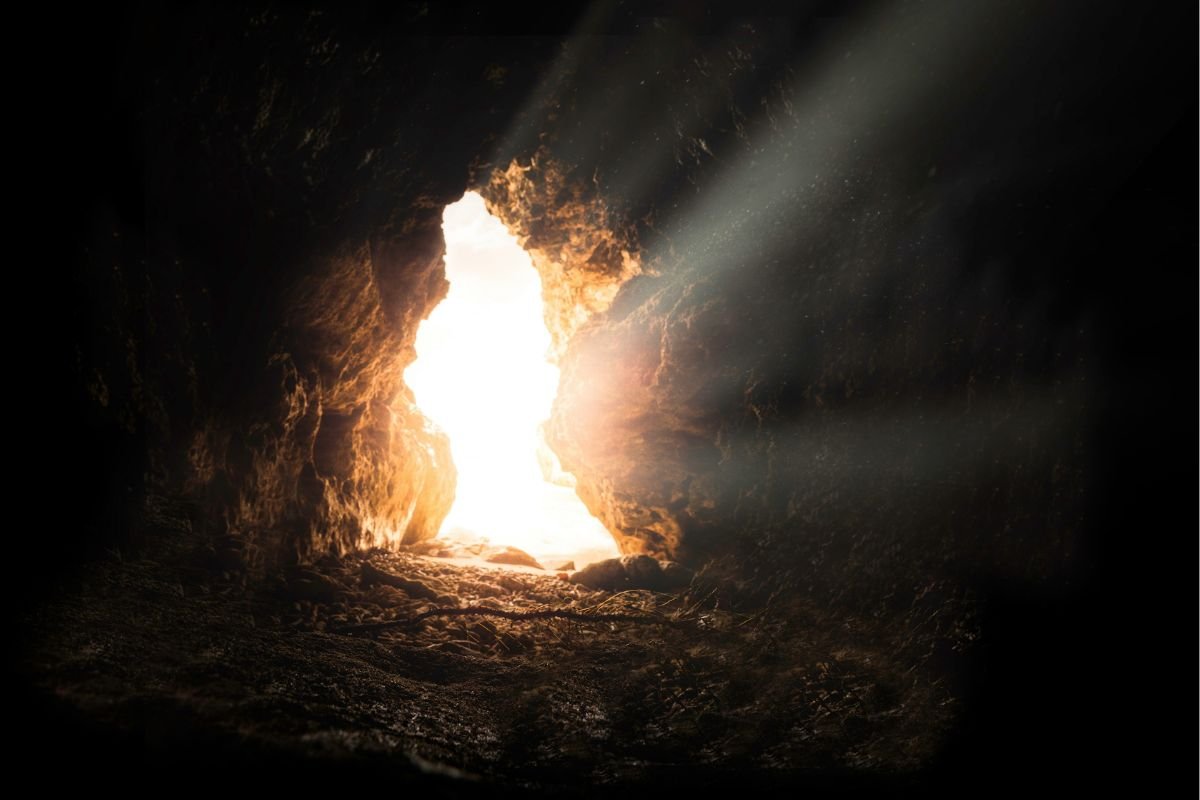
September 9, 2020; New York Times, “Opinion”
With the $600-a-week federal supplemental unemployment insurance payments long gone, and the one-time $1,200 stimulus payments also spent long ago, economic conditions are getting increasingly dire for the families of the 29.2 million Americans (as of August 15th) who rely on unemployment insurance benefits.
Clearly, normal politics has failed. The idea for a follow-on bill to the CARES Act—once called “CARES 2.0”—has been, as NPQ covered, on the table since early April, well before the US House of Representatives passed the HEROES bill, its version of this. At one time, passage of some version of CARES 2.0 was assumed to be inevitable. The fact that the CARES Act has been allowed to expire with no successor bill whatsoever is an abomination, yet somehow this has passed for “normal.”
And if you don’t think that the inaction of Congress has been normalized, ask yourself this: How many times, at the Democratic Convention, did presidential nominee Joe Biden denounce the “do-nothing Congress” for failing to pass a bill to support tens of millions of Americans out of work? The answer, stunningly, is zero. Nor did vice presidential nominee Kamala Harris in her acceptance speech.
In the face of politician inaction, what options remain? In the New York Times, columnist Farhad Manjoo offers one: “It’s time for a general strike,” he writes.
By making this call, Manjoo quite possibly just became the first New York Times columnist ever to issue such a call.
General strikes, of course, barely exist in the US vocabulary. The last true general strike held in the US dates back to 1946 in Oakland, California. In other countries, general strikes are common. For instance, in France, strikes largely shut down the country last winter; the proposed cuts to pension plans that had prompted the strikes were quietly withdrawn this summer.
Sign up for our free newsletters
Subscribe to NPQ's newsletters to have our top stories delivered directly to your inbox.
By signing up, you agree to our privacy policy and terms of use, and to receive messages from NPQ and our partners.
These days, a true general strike, where all work shuts down, is unlikely in the US, but strikes to push politicians can often be quite effective. It seems like ancient history now, but back in January 2019, a sickout of air-traffic controllers brought a swift end to what had been a 35-day-long federal government shutdown.
Similarly, just last month, Milwaukee Bucks players engaged in a wildcat strike that led to a three-day shutdown of pretty much all major league sports. This, too, quickly got a government response, including a rapidly arranged Zoom meeting with Wisconsin’s attorney general and lieutenant governor.
As Manjoo points out, the stakes are high. “This may be the American worker’s last stand: If we can’t get our government to help us now, when will we ever?”
As NPQ noted on Labor Day, these are times that demand solidarity. Today, in the wake of the athletes’ wildcat, many labor activists are openly considering their options.
Of course, strikes are just one tactic of many in the social movement arsenal. Manjoo concedes that, “Strikes won’t solve our problems overnight.”
But strikes could make a big difference. As Manjoo points out, “in the long history of American labor, including in the civil rights movement, walkouts have been an indispensable political tool, because when they get going, they’re hard to stop. Strikes bring about economic and social change the way water channels through canyon rock—forcefully, relentlessly and with time.”—Steve Dubb












